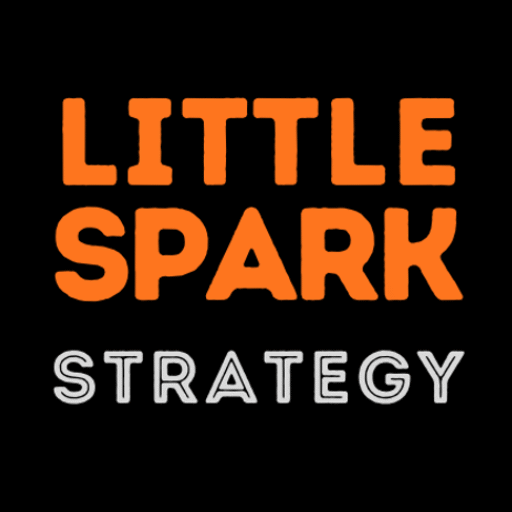You’ve created something amazing! A fresh idea straight from your entrepreneurial brain. You know it has potential, but how do you turn that spark into something people will actually pay good money for? That’s where a Go-To-Market (GTM) plan can help.

What is a Go To Market (GTM) plan?
A GTM plan is your bridge between inspiration and income. It helps you turn a great idea into a viable, sellable offering. It brings structure to your launch and ensures your resources are spent in the right places.
At its heart, a GTM plan answers key questions like these:
- Who is your ideal customer? What problem are you solving for them, why should they care?
- How much might they pay for it? Understanding value from your customer’s point of view.
- Where might they find it? Whether it’s online or on a shelf, your distribution choices shape how easily people can buy.
- How does it stand out? Think about your packaging or how people navigate your website, every detail shapes how your product is seen and chosen.
- How will you tell them it exists? This is where your marketing tactics are essential, the mix of channels, content and messaging that create awareness and interest.
- What are your business goals? How do they match up? The plan ties every activity back to the bigger picture. Whether that’s growth, profit or building credibility in your market.
However, GTM planning doesn’t need to be complicated. It just needs to be clear. Like any good plan, it gives direction and focus to turn your amazing ideas into commercial successes.
How is a Go-To-Market plan different from just a marketing plan?
Think of it as operational discipline. A strong GTM plan clarifies where you are going, what success looks like and how you will get there. It brings focus to commercial decisions. It is the foundation to ensuring your marketing activity, sales approach and customer experience are all pulling in the same direction.
Likewise, timing and traction matter too. Launch too early and the market may not be ready. Launch too late and competitors may have already set the narrative. A GTM plan helps you define the right moment to move, based on evidence rather than instinct.
It also gives you control when conditions change. Markets shift, customer behaviour evolves, and priorities compete. A structured plan allows you to adapt quickly without losing momentum or clarity.
Before you launch, ask yourself these questions
Do you know exactly who will buy your product, or are you hoping they will find you?
Have you defined what success looks like in the first three months after launch?
If the market shifts, would your plan flex or would you start again from scratch?
Are you investing your budget where it genuinely influences customer decisions?
Success rarely comes from the idea alone, it comes from how well you bring it to market.
But don’t just take our word for it, Dmitri Lisitski of Forbes Tech Council explores the concept further in this Forbes article.
If you’d like to understand how ready your business is to launch that something new, we offer a Go-To-Market Review. We’ll look at your plan (or help you make one!), highlight the gaps and offer you practical next steps to strengthen your strategy.



